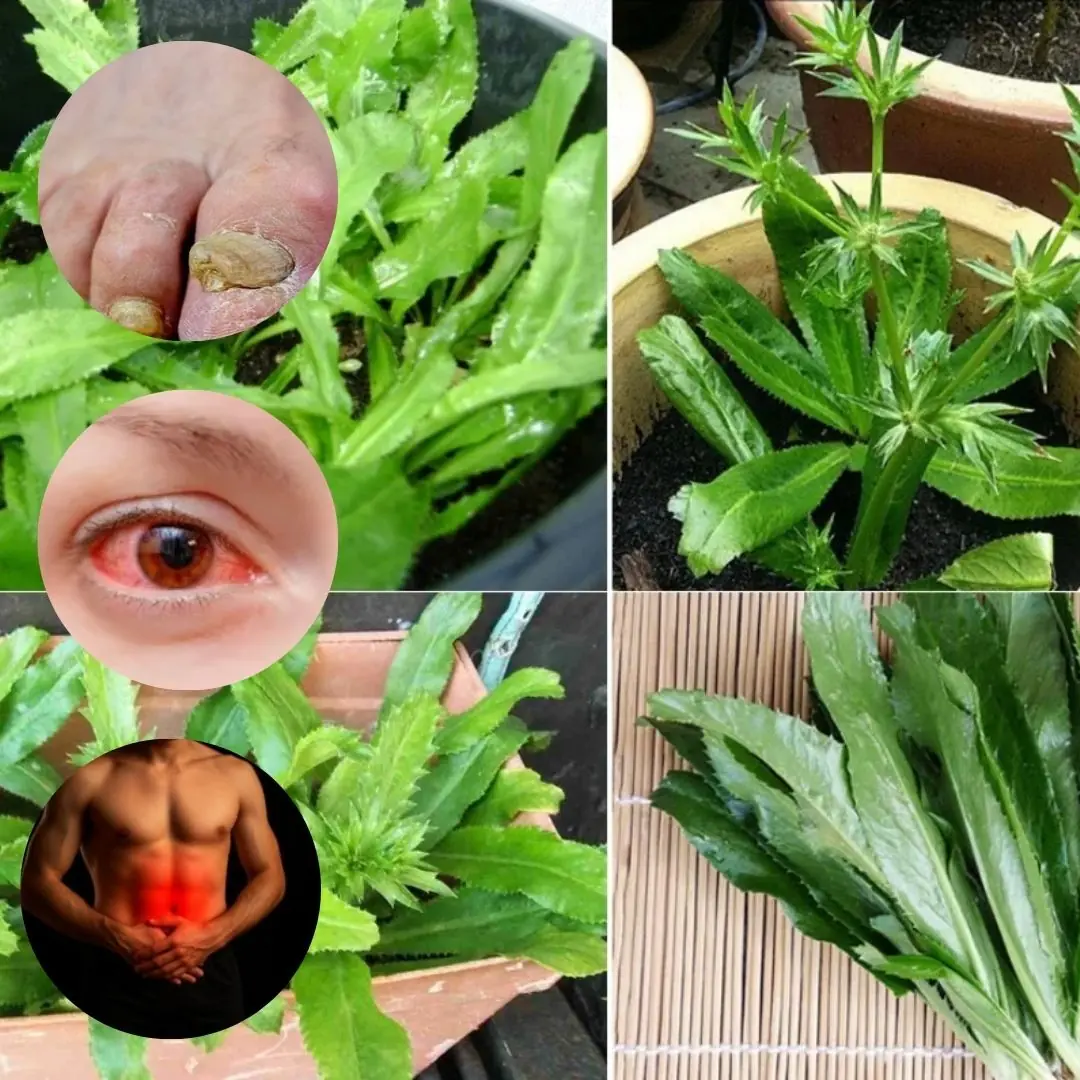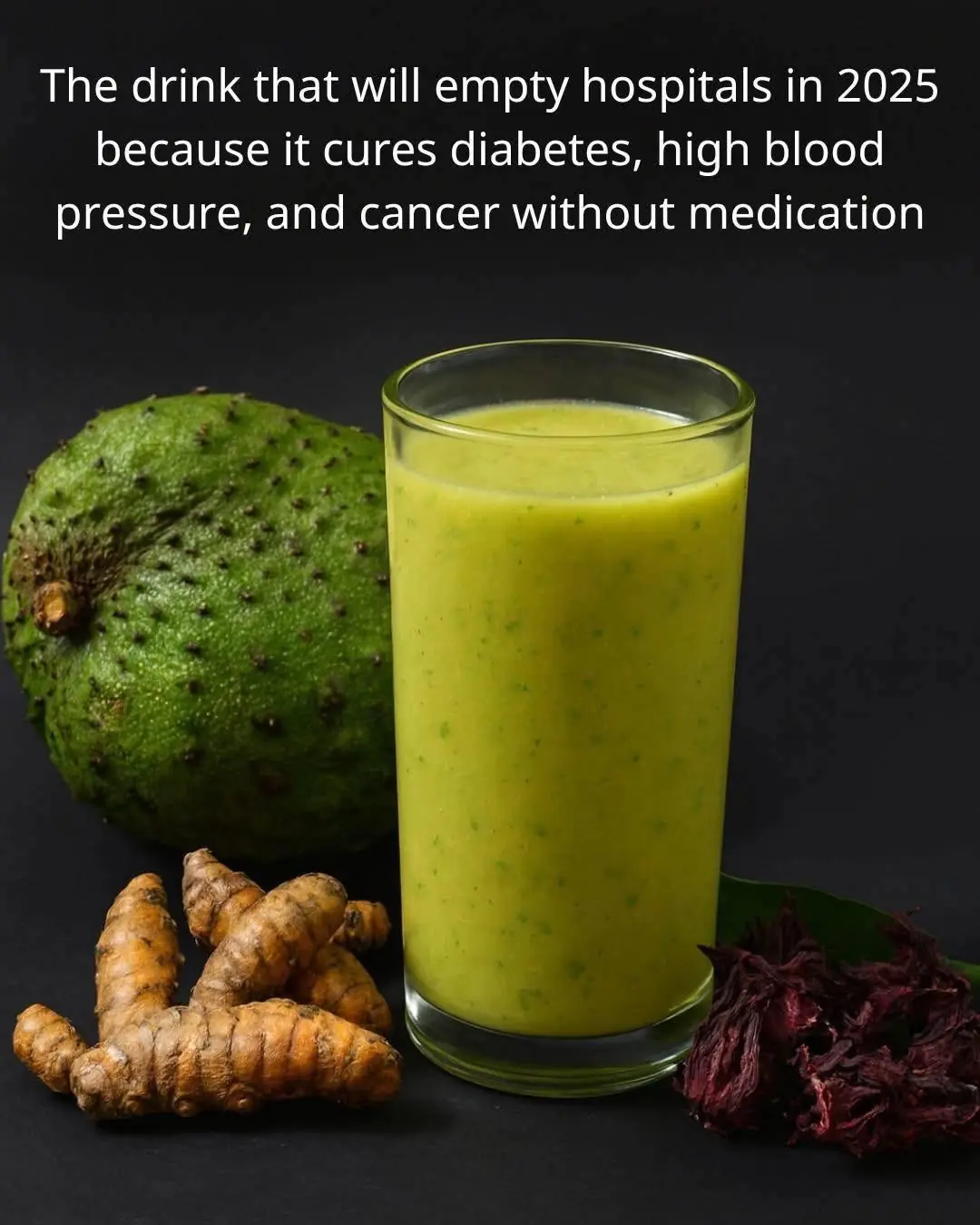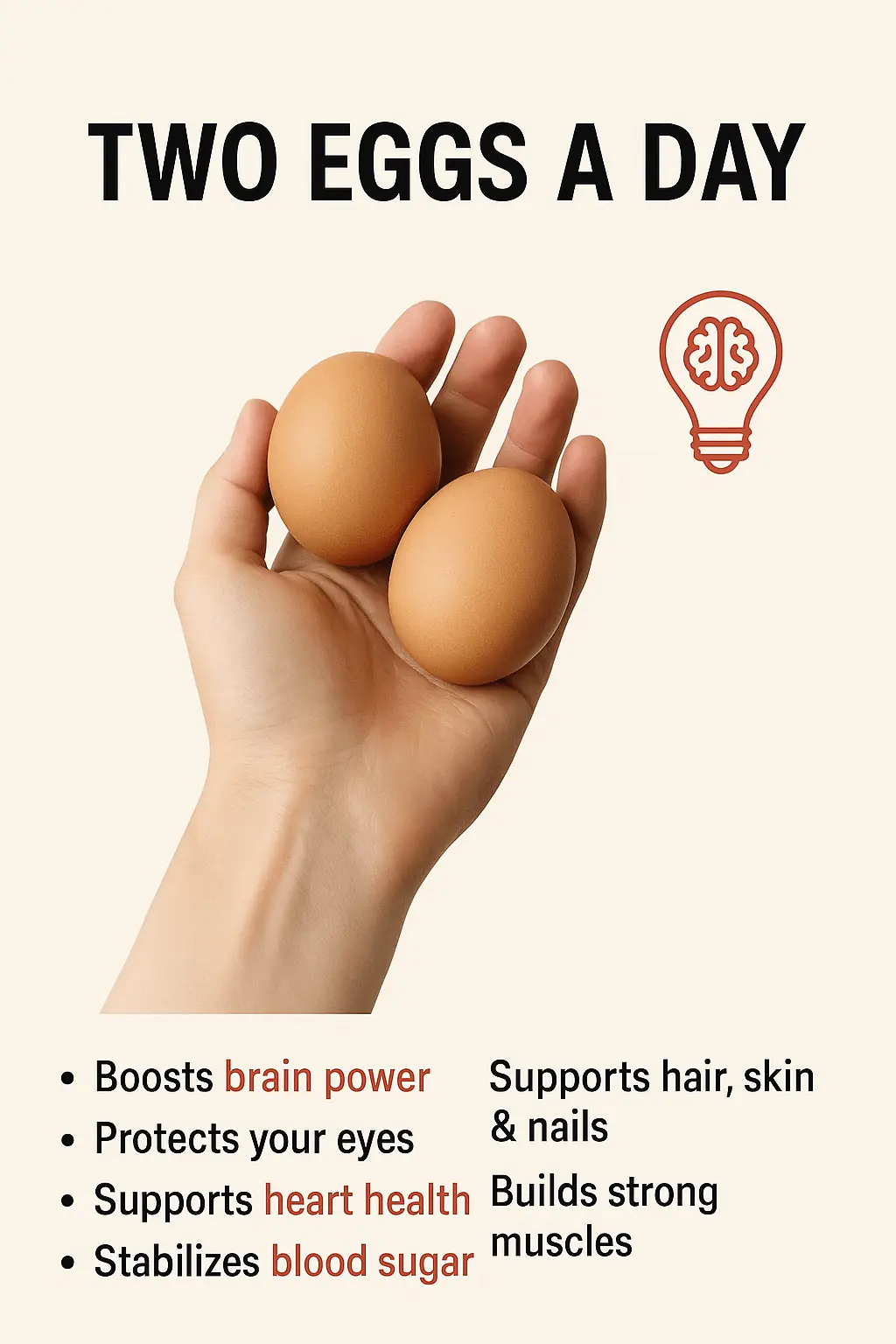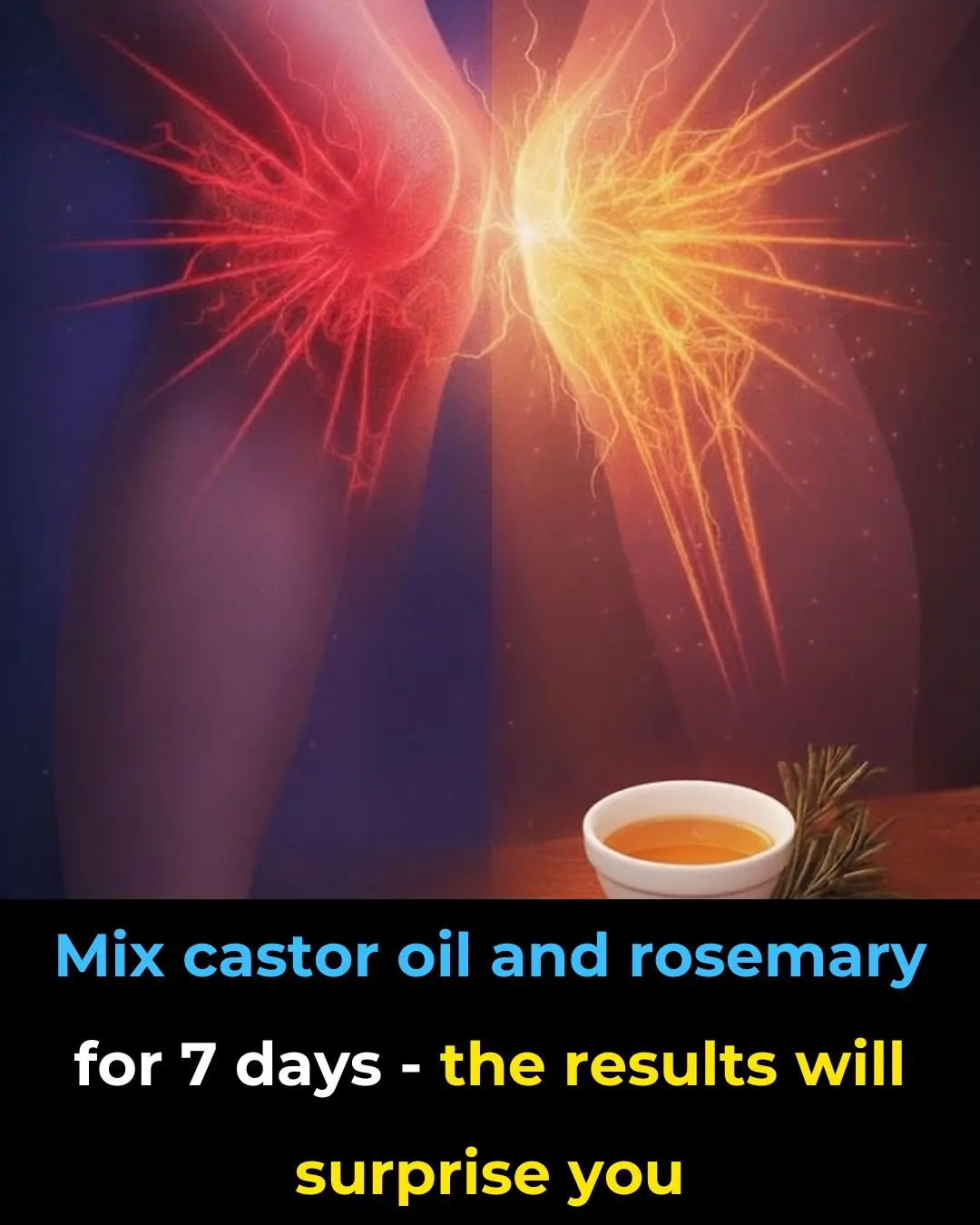
Do you belong to these 4 types of people? You should know now.
Cucumbers are light, refreshing, and hydrating — but not everyone’s body reacts to them the same way. For some groups of people, raw cucumbers may trigger digestive issues, allergic reactions, or other health concerns. Below are four groups who should avoid or limit raw cucumber intake, along with practical tips to stay safe.
1. People With Sensitive Guts or Irritable Bowel Syndrome (IBS)
Why:
Cucumbers contain insoluble fiber (cellulose) in their skin and seeds, and they may also have bitter plant compounds known as cucurbitacins. While these are harmless for most people, they can be troublesome for those with IBS or sensitive digestion. Such components may:
-
Irritate the intestinal lining and speed up bowel movement, leading to cramping, bloating, or loose stools.
-
Produce excess gas, as gut bacteria ferment the fibrous parts of cucumber in the large intestine.
-
Act as physical irritants, since seeds sometimes pass through the digestive tract undigested, causing discomfort.
Practical advice:
Peeling and deseeding cucumbers or eating them in small amounts can make them gentler on the stomach. Cooking cucumbers (such as lightly steaming or sautéing them) softens the fiber and reduces their impact on digestion.
If you follow a low-FODMAP diet, observe how your body reacts — some people tolerate cucumber well, while others find it to be a personal trigger.
2. People With Cucumber Allergy or Oral Allergy Syndrome (OAS)
Why:
Cucumbers belong to the Cucurbitaceae family, which includes melons, squash, and pumpkins. People allergic to these foods may experience two types of reactions:
-
Classic food allergy — where the immune system reacts to cucumber proteins, causing hives, swelling, vomiting, diarrhea, wheezing, or, in rare cases, anaphylaxis.
-
Oral Allergy Syndrome (OAS) — occurs in people allergic to pollens such as ragweed, birch, or grass. After eating raw cucumber, they may experience itchy mouth, tingling, or mild throat swelling because of cross-reactive proteins.
Practical advice:
If you’ve ever reacted to cucumber, melon, or similar foods, avoid eating them raw and consult an allergist. They can help confirm the allergy and recommend an emergency action plan, which might include antihistamines or an epinephrine auto-injector if necessary.
Cooking usually destroys the allergenic proteins responsible for OAS, so cooked cucumber (e.g., in stir-fries or soups) is often better tolerated.
3. People With Advanced Chronic Kidney Disease (on a Potassium-Restricted Diet)
Why:
Cucumbers are not extremely high in potassium, but they still contribute to the total intake. For individuals with impaired kidney function, even moderate-potassium foods can build up potassium in the blood, leading to hyperkalemia — a dangerous condition that can cause irregular heart rhythms or cardiac arrest.
Practical advice:
A medium cucumber with its peel has a modest amount of potassium, which is safe for most people. However, patients on dialysis or taking potassium-sparing medications should limit raw cucumber portions or peel the skin, since peeling slightly reduces potassium content.
Consult a registered dietitian or nephrologist to calculate your exact potassium limits and get advice on suitable vegetable substitutions.
4. Pregnant Women, Elderly Individuals, and Immunocompromised People
Why:
Like many raw vegetables, cucumbers can harbor harmful bacteria such as Salmonella or Listeria if not thoroughly washed or if contaminated during farming, handling, or storage. For healthy adults, these microbes are usually manageable, but they can pose serious risks for:
-
Pregnant women, due to possible harm to the fetus.
-
Elderly adults, whose immune defenses are weaker.
-
People with weakened immunity, including those undergoing chemotherapy or taking immunosuppressant medications.
Practical advice:
To reduce foodborne illness risk:
-
Wash cucumbers carefully under running water.
-
Peel them if cleanliness is uncertain.
-
Avoid pre-cut or packaged cucumber from unknown or unreliable sources.
-
When in doubt, choose cooked vegetables or cucumbers prepared under strict hygiene standards.
Extra Tips for Everyone
-
Avoid bitter cucumbers. A very bitter taste indicates high levels of cucurbitacins, which can cause digestive upset.
-
Peel and deseed to lower fiber, pesticide residues, and bitterness.
-
Cook lightly — sautéing, stir-frying, or blanching makes cucumbers easier to digest and safer for those with allergies or stomach sensitivity.
-
Consult your healthcare provider before making significant dietary changes, especially if you have medical conditions or take prescription medications.
Bottom Line
Cucumbers are refreshing, low-calorie, and packed with hydration benefits — but they’re not universally gentle. If you experience bloating, itching, or discomfort after eating them, listen to your body and adjust your preparation methods. With a bit of care, most people can still enjoy cucumbers safely as part of a balanced diet.
News in the same category


Say Goodbye to Joint and Bone Pain Naturally with This Ancient Herbal Remedy

What Happens If You Consume Raw Garlic Daily

Take a Glass of This and Your Liver Will Be Renewed!

Culantro: The Hidden Gem of Your Garden

Ginger, Clove, and Honey: The Natural Trio Your Body Will Thank You For

Routine Smoothie Ingredient Causes Severe Food Pipe Obstruction In Health-Conscious Teen

The Drink That’s Gaining Attention in 2025: A Natural Blend to Support Blood Pressure, Diabetes, and More

Man Passed Away After Eating Eggs — Stop Eating Eggs This Way Immediately

Two Eggs a Day — Small Habit, Big Health Boost

Sweetgum’s Hidden Powers: 7 Surprising Health Benefits You Need to Know

Mix castor oil and rosemary — the 7-day results will surprise you

Top 5 Nutrients to Reduce Swelling in Feet and Legs

Proven Health Benefits of Eating Eggs Based on Evidence

5 Powerful Vitamins That Help Stop Acid Reflux Naturally

Woman Left with Swollen Lip After Centipede Bites Her in Sleep

Unlock Baking Soda’s Hidden Powers Today

Flush the toxins silently damaging your kidneys — with these 13 powerful cleansing foods

The #1 silent sign your kidneys are in trouble (and it’s not your urine)
News Post

DIY Natural Collagen Powder for Glowing, Youthful Skin

7 Heart-Healing Foods Your Cardiologist Won’t Tell You About

Say Goodbye to Joint and Bone Pain Naturally with This Ancient Herbal Remedy

Don't throw away rotten tomatoes, the rottener the tomatoes, the more useful they are if you know these uses

Here's how to open a can in an emergency (this is so simple!)

When buying avocado, don't be greedy for big fruit or you'll "waste money", choose this point to get the most delicious and supple one.

98% of people don't know what the hole in a safety pin is for

What are the health benefits of mackerel? How to cook mackerel to make it rich and delicious

Boiled chicken often has red bones: Do this extra step to make the chicken delicious, not have cracked skin, and remove all bad odors.

The Hidden Meanings Behind Men Wearing Earring

Put a branch of ginger under your pillow before going to bed: A good tip both men and women need, not knowing is a waste

What Happens If You Consume Raw Garlic Daily

Take a Glass of This and Your Liver Will Be Renewed!

How to remove odors and dirt from electric kettles very simply: If you don't know, it's a waste

Tips to keep garlic from turning green after soaking in vinegar. It can be kept for a whole month and still be white, crispy, and not soggy.

Refrigerator: Do it this way, it will stay fresh for a month, no blackening or spoilage

You are doing it all wrong. Here’s the right way to use your slow cooker

You are doing it all wrong. Here’s the right way to clean your microwave
